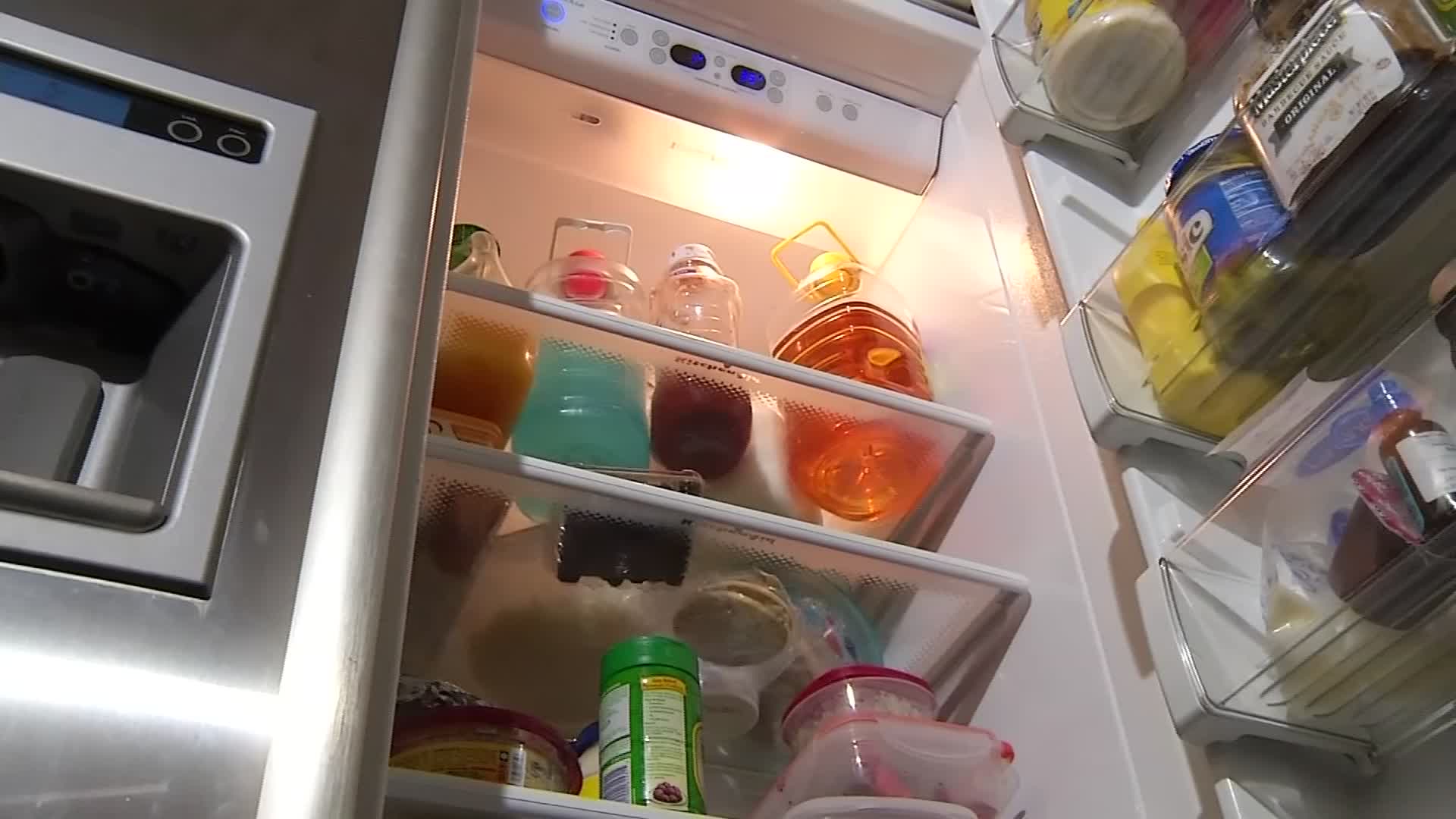Many people are familiar with postpartum depression, but health experts are raising awareness about other mental health disorders that can happen in the perinatal period, which is the time from conception until a year after childbirth.
“Everything from baby blues, to postpartum depression can really be clinical depression. People sometimes exhibit signs of bipolar,” said Dr. Shikha Jain, the founder of the non-profit “Women in Medicine.”
Raising awareness is key, says Jain, a mom of three. She recalls being like a lot of women, and having other worries while she was pregnant.
“How am I going to nurse my baby? How am I going to survive not sleeping? Those are the things I was thinking about. I wasn't thinking about my own emotional health or my own mental health,” Jain said.
Research shows 1-in-5 women and 1-in-10 men experience depression or anxiety during the perinatal period, but only about 25% of those individuals seek professional help.
“There's actual people who can help you if you, especially, if you don't have that support system in your home,” Jain said.
Postpartum Support International (PSI) is one non-profit organization that has a Helpline with services in Spanish and English, not only for new moms but anyone with concerns.
Health & Wellness
Andrea Clark Horton is the director for the Alliance for People of Color at PSI who shares her story to help others.
Her son Grant is now 10, but Horton will never forget the night before her follow-up appointment with her doctor, six weeks after Grant’s birth, when he wouldn’t stop crying.
Feeling out of the loop? We'll catch you up on the Chicago news you need to know. Sign up for the weekly Chicago Catch-Up newsletter here.
“I remember wanting him to stop crying so bad that I shook the bassinet and just cried out, “Why don’t you just stop crying,” and we were both crying and I remember going to the doctor the next day,” Horton said. “I just told her ‘No, it’s fine. It’s great. I love being a mom,” because I was afraid.”
Afraid they’d take her son away, Horton didn’t talk about her postpartum depression, but she does now in her role with PSI.
“We have over 30 support groups. So you're not alone,” Horton said.
She believes cases of perinatal mental health disorders among women of color are underreported.
“When we feel like the system is not going to support us, or it's going to penalize us in a way that it wouldn't penalize other mothers, if we say we're unable to take care of this child, then we don't report,” Horton said.
PSI offers training programs for medical professionals to look out for warning signs.
“Even if it's not the OBGYN, the baby goes to see the doctor more often in the first year of life than mom does, right? So the pediatrician should know,” Hortons said
Both Dr. Jain and Horton say it’s important to for expectant parents to know their family history. A history of depression or anxiety and having a partner with a mood disorder are risk factors for perinatal mood disorders.



